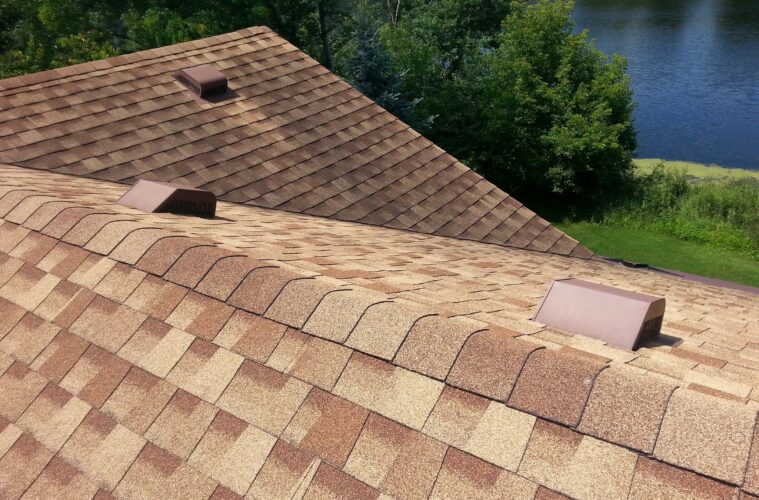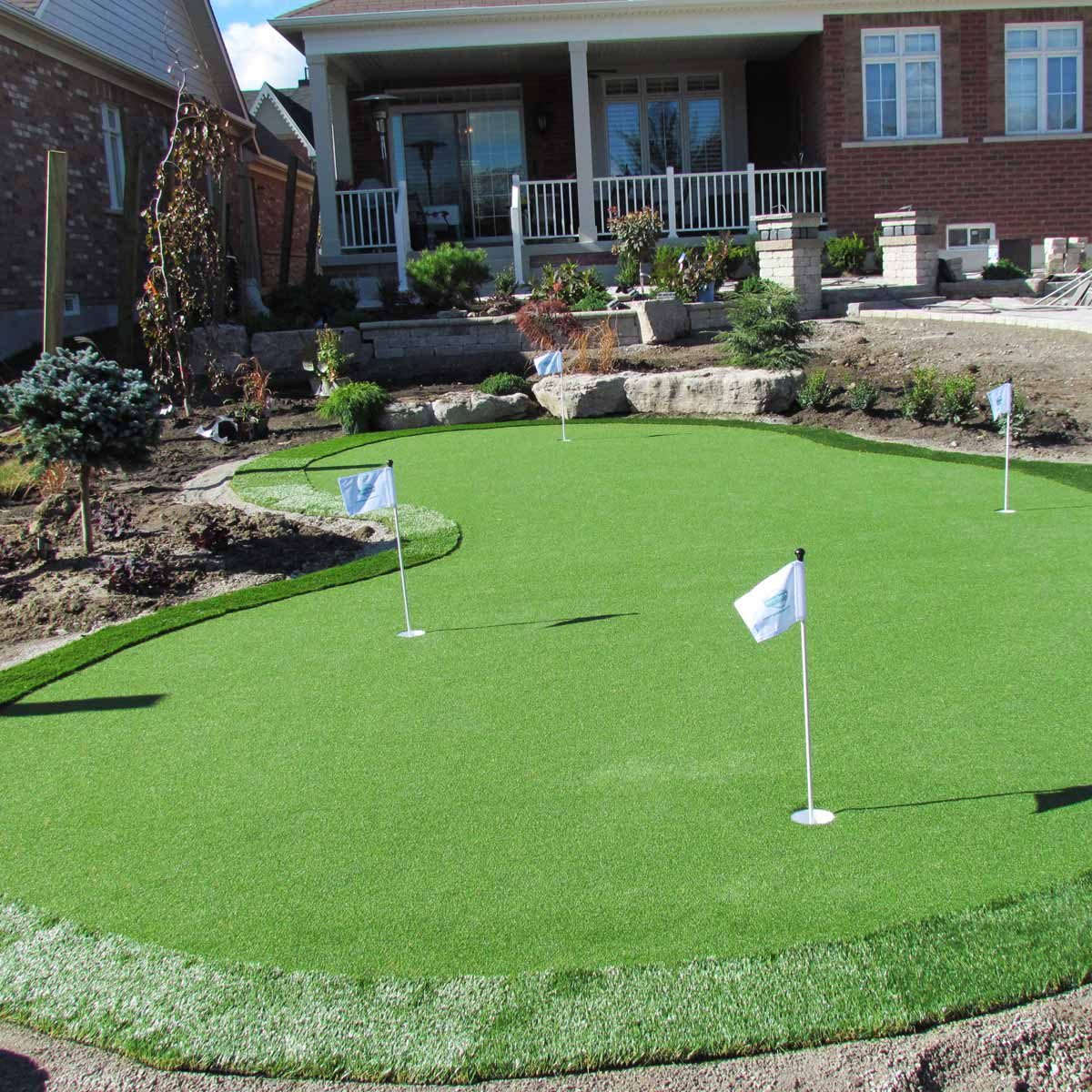When it comes to choosing roofing materials for a home or commercial building, durability is often a primary consideration.
Durability usually equates to longevity, resistance to elements, and ultimately, a return on investment. With the plethora of roofing materials available on the market, such as metal roofing, for instance, selecting the most durable option can be a tricky task.
Here, we explore the top five roofing materials renowned for their durability.
Metal Roofing
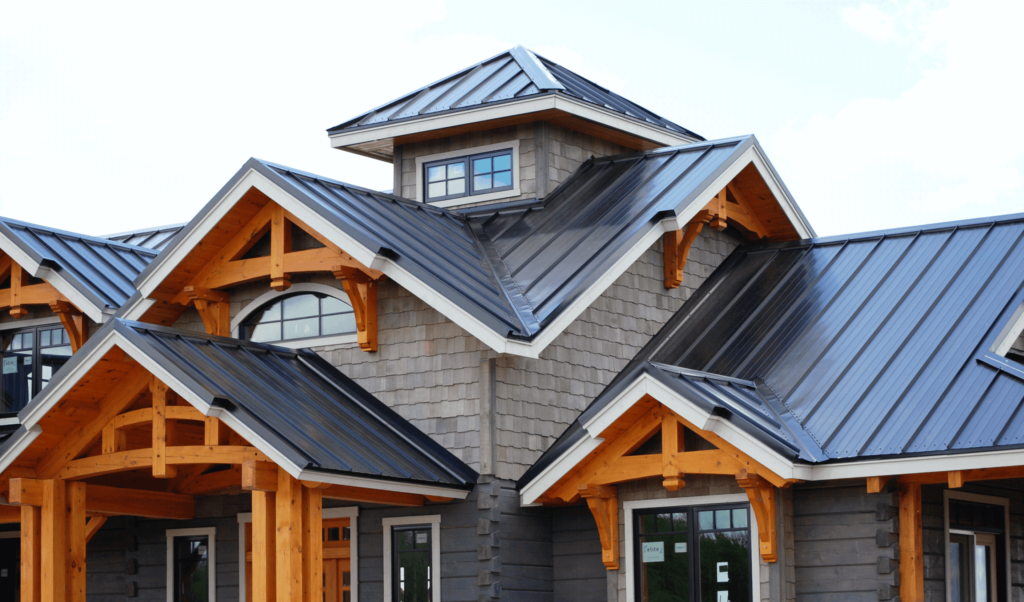
source: metalrooftampafl.com
Metal roofing stands out for its exceptional durability, longevity, and versatility. It is resistant to cracking, shrinking, and eroding and can withstand extreme weather conditions such as heavy snowfall, hailstorms, and high winds.
Metal roofs can last anywhere between 40 to 70 years, on average, depending on the material. Aluminum and steel are the most common metals used, both of which offer great strength and durability.
Copper and zinc roofs are pricier but are noted for their significant lifespan which can exceed 100 years with proper maintenance. Metal roofing is also energy-efficient, reflecting solar radiant heat, helping to reduce cooling costs.
Slate Roofing
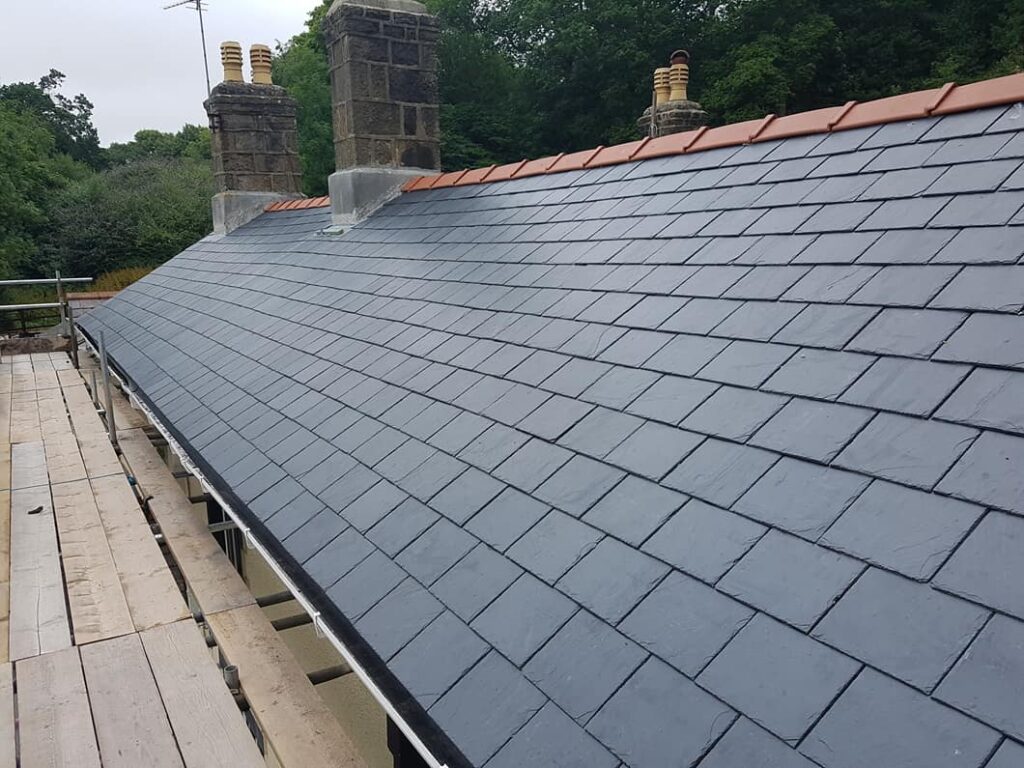
source: angleseyroofing.com
Slate roofing is often considered for its renowned durability and longevity. Natural slate is a type of stone that is extremely durable, with a life expectancy of over 100 years if properly maintained.
It is resistant to severe weather conditions, including heavy rains, high winds, and snow. Slate’s density makes it waterproof, fire-resistant, and immune to mold and fungus growth.
Its aesthetic appeal and longevity also make it a popular choice for high-end homes, although it is one of the most expensive roofing materials available.
Clay and Concrete Tiles
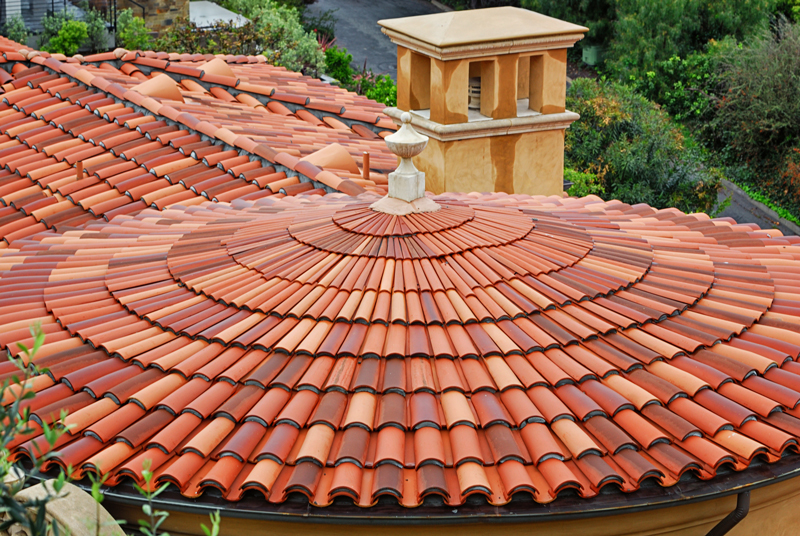
source: homelogic.co.uk
Clay and concrete tiles are favored for their durability and their ability to withstand high temperatures. This makes them a good choice for hot climates.
Clay tiles can last over 100 years, while concrete tiles have a lifespan of 50 to 60 years. These materials are non-combustible, offering excellent fire resistance. They also reflect rather than absorb heat, contributing to energy efficiency.
However, a key point to note is that both clay and concrete tiles are heavy and may require additional support to bear the weight, which could be a consideration in their installation.
Synthetic Roofing Products
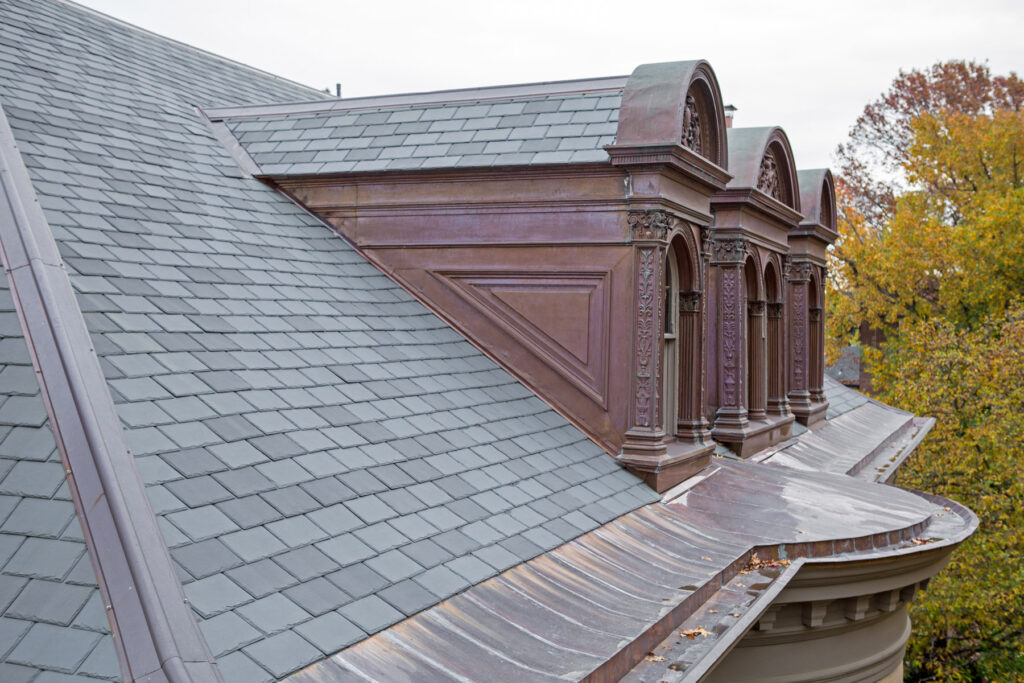
source: innovativeroofs.com
Synthetic roofing materials, such as rubber, plastic, and polymer roofing, are designed to mimic the look of natural materials like slate and wood shakes, without the associated maintenance and durability concerns.
These materials are lightweight, impact-resistant, and can provide good resistance to wind, fire, and water. The lifespan of synthetic roofing products can vary widely but many are warranted for 50 years or more, making them a durable and versatile option.
Architectural Asphalt Shingles
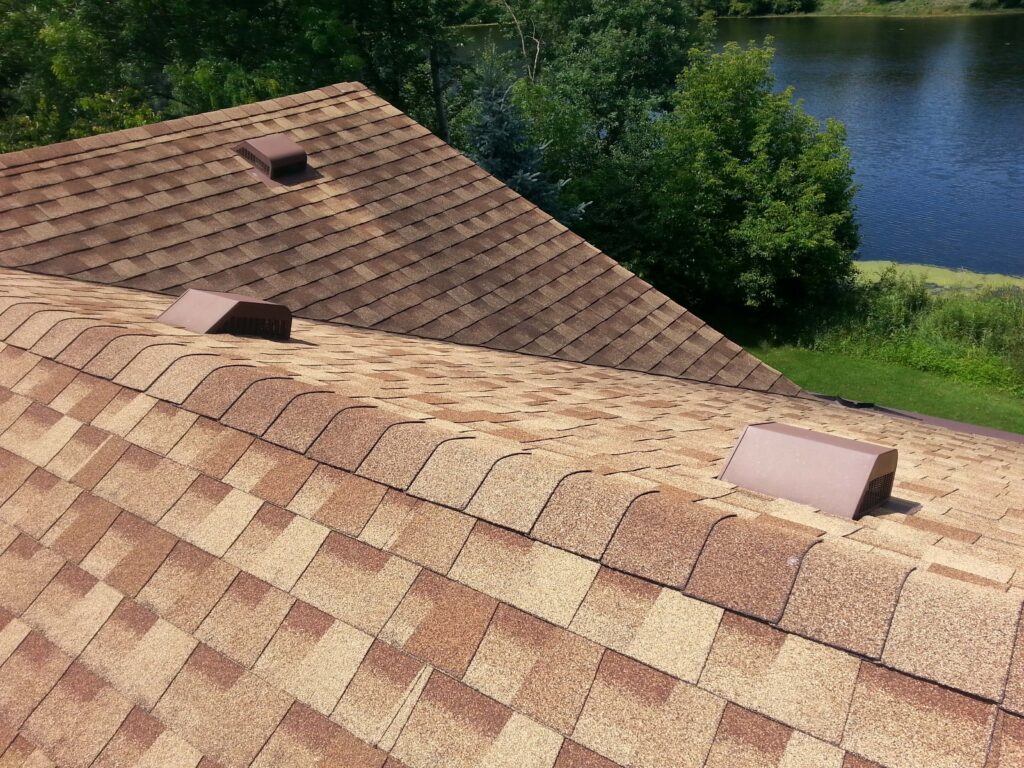
source: structuretech1.com
While traditional 3-tab asphalt shingles are known for their shorter lifespan, architectural asphalt shingles offer a more durable and aesthetically pleasing alternative.
These shingles are thicker and provide a dimensional look to your roof. They can withstand higher wind speeds than standard asphalt shingles and have a lifespan of 30 to 50 years. Architectural shingles also come in various colors and styles, making them a versatile choice for many homeowners.
When you are selecting roofing materials based on durability, it’s essential to consider the specific needs of the building, including climate, architectural style, and budget. Whatever you choose, proper installation and maintenance are key to maximizing the lifespan of any roofing material, ensuring that it provides reliable protection for years to come.

